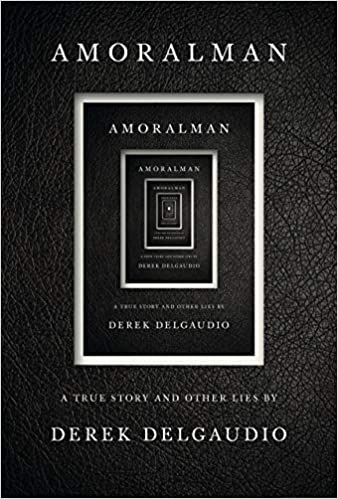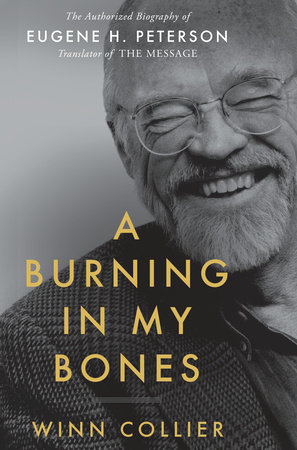I had few (no?) expectations when I picked up this biography of Eugene Peterson. I knew the man vaguely as The Message guy and also as somebody who wrote other books that had entered my world, including one whose title — A Long Obedience in the Same Direction — I have quoted often though I’ve never read the actual book.
So I was joyfully surprised to learn that much of who I want to be as an elder and a writer existed in Peterson. I deeply desire humility and holiness in the same ways Peterson did. I have an immense affection for the way words shape and change our hearts and our souls. I have been compelled toward laboring with a hyperlocal church, no matter whether the hockey stick ever comes.
Three things stick out. The first was Peterson’s love for (both reading and writing) poetry. We think of poetry as a collection of stanzas and limericks, but poetry is just writing that sings. It’s writing that gives you information and nudges you toward a feeling about the information. It is the warm fire in a full house, but it is not the house itself. This is the version of writing I love the very most, and it can happen anywhere with any topic and in any industry.
Some quotes that stood out …
• The storyteller’s responsibility is to remember that we are all prone to forget, and to say it memorably.
• Eugene hungered to hone his craft, to honor the holiness of words with work that was not only true but also beautiful.
• For Eugene, writing was a way of prayer.
• It required the writer to become the person whose writing is true. Become true so you can write true. Writing is an expression of living, not knowing: of praying, not knowing.
I am grateful for men like Eugene Peterson and Andrew Peterson (no relation) who look at the archetype in their profession and say, “Why?” It has encouraged me to color outside the lines a bit, to toy with what could be instead of what should be.
Another piece of what made Peterson who he was remains topical: presence. How rarely do we have it. How rarely do we even try to have it? More quotes from the book about his presence with his people.
• He was fastened in God. You could go wherever you wanted in conversation, but it always came back there. Few people emphasize the Biblical knowledge they gained from Eugene, though there was much of that. People speak of his presence.
• By and large evangelical pastors are not deficient in energy or motivation or knowledge. But they are not conspicuously attentive, reverently listening to the voice/word of God and in being totally and personally present with the people we meet and serve.
• Sometimes I’m with pastors who don’t wander around. They don’t waste time. Their time is too valuable … To be unbusy, you have to be disengaged from egos — both yours and others — and start dealing with souls. Souls cannot be hurried.
• And in Eugene’s company, you’d always find yourself noticing how the most ordinary things shimmered with new and unexpected beauty.
And lastly, his humility. He shunned celebrity culture. He did not leverage anything in his life. He traded a worldly ambition for a holy one. What a characteristic to long for!
• To be a pastor requires immense humility and self-awareness, clinging to mercy like a drowning man grasps for a buoy. The strongest sign of authenticity in what you and I are doing is the inadequacy we feel most of the time.
• If I am ever to be a saint, it is a saint of the basics: love Jan, be faithful at my prayers, write well and abundantly, prepare to die.
• I’d like to actually be what people think I am.
• When asked what he considered to be the characteristics of a saint, he had once said, “Humility number one. Unpretentiousness, having no idea that they’re a saint.”
There were aspects of Peterson that I either do not desire or are simply not the way I am wired. But after embracing this book with no expectations, I walked away with several new ones for my own life as a pastor, a writer and a friend.


